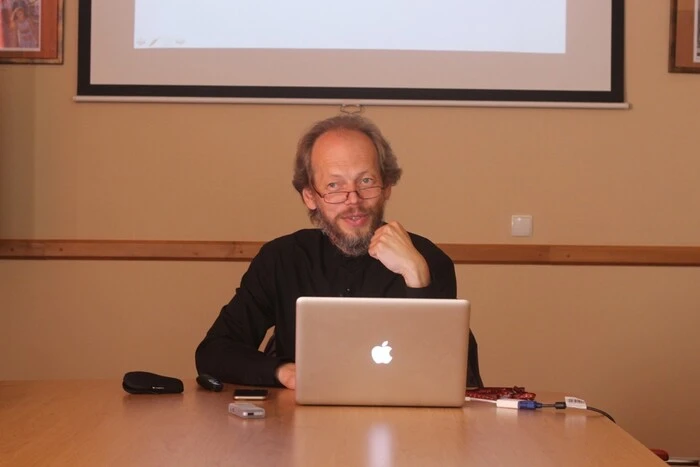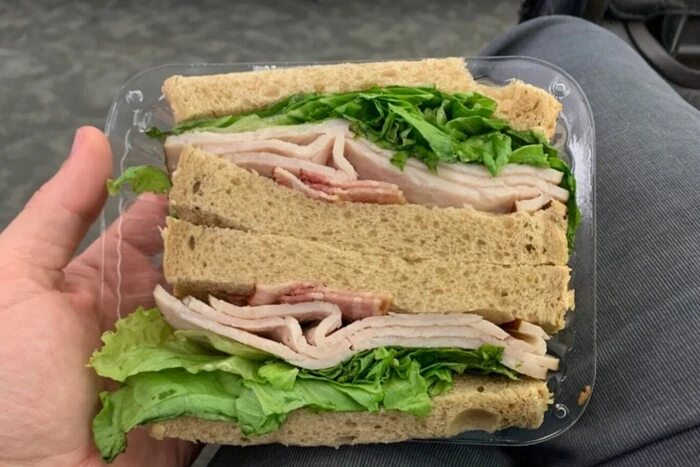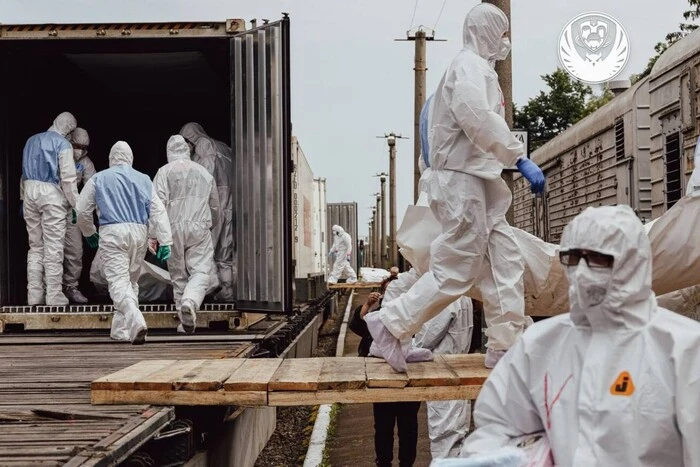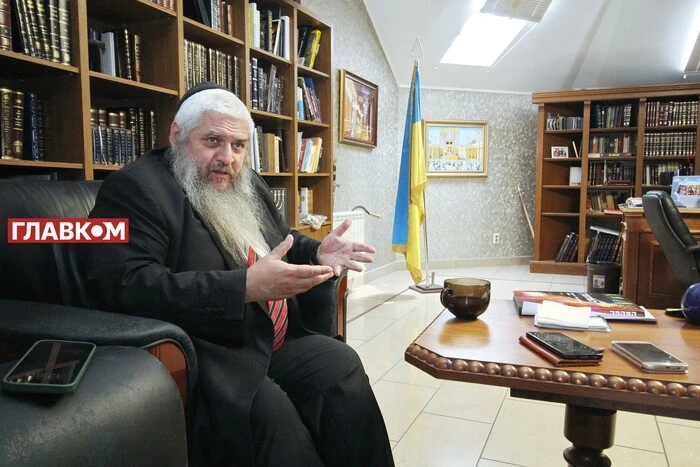Classic waiters. A renowned religious figure explained the tactics of the Moscow church's clergy in Ukraine.


Pro-Russian politicians have begun to actively work, discussing possible elections and negotiations. Additionally, the UOC (MP) uses social media to gain influence. This was stated by the rector of the Open Orthodox University, Georgiy Kovalenko, during an interview for the 'Bridges of Ukraine' project, in collaboration with 'Glavkom'.
According to Kovalenko, the Moscow church constantly draws attention to repression, and the propaganda of the Russian church in Ukraine is gaining strength. He points out that some representatives of the Moscow Patriarchate are 'classic waiters' who hope to be included in the negotiations. They believe that Putin and Moscow will protect their interests.
The rector emphasizes that something unique is being formed in Ukraine, which differs from Russian identity. He expresses hope that the UOC (MP) will lose its Russian influence and become a true Ukrainian Orthodox Church.
It is worth noting that Georgiy Kovalenko was previously the head of the Synodal Information and Educational Department of the Moscow church in Ukraine. Since 2019, he has been a priest of the Local Orthodox Church of Ukraine and the rector of the Open Orthodox University.
According to the report of the UN Office of the High Commissioner for Human Rights, the dissolution of the Ukrainian Orthodox Church of the Moscow Patriarchate 'violates international standards' and does not have sufficient grounds from the perspective of religious freedom.
Read also
- Fine for Sandwich: Airlines Warn Passengers About the Rule
- The US Spied on Russia for Decades Using a Tiny Submarine
- Xi Jinping banned Chinese officials from dining in restaurants due to excessive drinking
- The identification of the bodies of deceased Ukrainians transferred by Russia will take more than a year - Ministry of Internal Affairs
- The Chief Rabbi of Ukraine explained why he sang for President Trump
- Russian propagandists spread fake 'Ministry of Defense' letter about refusal of payments to families of the deceased










